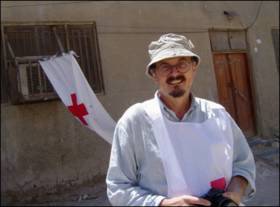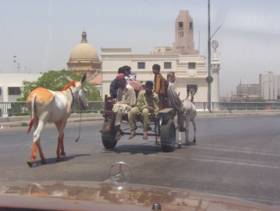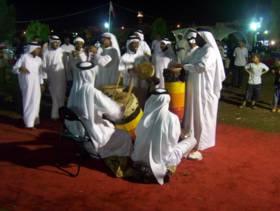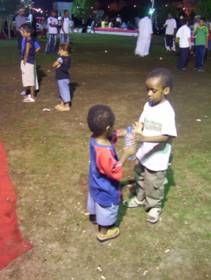
I'm sure that at least some of you have been following the recent case of Tariq Ramadan, a Swiss Muslim scholar, having his work visa to teach at the University of Notre Dame being revoked by the US Department of Homeland Security. Really, it is quite laughable (or 'cry-able'). While I'm not his biggest fan, Ramadan has spent his life trying to get European Muslims to integrate themselves into secular Europe rather reject it for extremism. He has done this by reinterpreting the texts and by positing new frameworks for the European Muslim to think in. The cost of this has been to attract the ire of the Muslim right who are opposed to any change, and who don't want to see Muslims as active citizens of European countries. To now think that he is being viewed as a terrorist threat speaks volumes about the level of influence that certain interest groups have over the decision-making at Homeland Security.
On his part Ramadan had a column printed today in Canada's Globe and Mail responding to these events. Here is an excerpt:
Lately, I have been going through an interesting experience. I am constantly being told "the truth" about who I am: "You are a controversial figure"; "you engage in double-talk, delivering a gentle message in French and English, and a radical - even extremist - one in Arabic, or to a Muslim audience in private"; "you have links with extremists, you are an anti-Semite"; "you despise women" etc.
When I ask about the source of this information, invariably the response is: This is well-known, it is everywhere, check the Internet and you will find thousands of pages referring to this.
A closer examination reveals that what we have is journalists or intellectuals quoting each other, conclusively reporting and infinitely repeating what others said yesterday, with caveats. Rather than using this as an occasion for reflection, the response to this finding is usually: "Well, there has to be some truth in all that."
Ramadan here is possibly making a reference to Daniel Pipes, and his column from a few days back, who accuses him of all sorts of things. Reading Pipes' colums I almost sense some jealousy; that his foreign Muslim arch-enemy has been able to get a teaching position in an American university, whereas Pipes has still not been offered tenure anywhere. Or maybe I'm just imagining things.
While it is entirely within the right of the US authorities to keep Ramadan out of the country if they so desire, the problem I see is that it is a much needed opportunity lost. Second-generation American Muslims are at the stage where they are questioning their multiple identities and trying to come to terms somehow. Prior to 9-11, the Salafi mindset was prominent in most Muslim student organizations, since they had few other alternatives as Muslims. 9-11 forced these Muslims to try and create a space within the ideological framework of the America for American Muslims. Having no real academics in the US to help them, many turned to the example of European Muslims, and specifically Ramadan's writings. (I subsribe to a number of Muslim student mailing lists where I've observed them debating such ideas for several years). Having Ramadan lecture in an American institution would really help to accelerate the contruction of a secular American Muslim framework, which is desperately needed to keep Muslims from rejecting outright the US and the West. Keeping Ramadan out is a huge victory for the narrow-minded Muslim elements in America who are set on exploiting the current perceived gap between the American and Muslim identities.




















